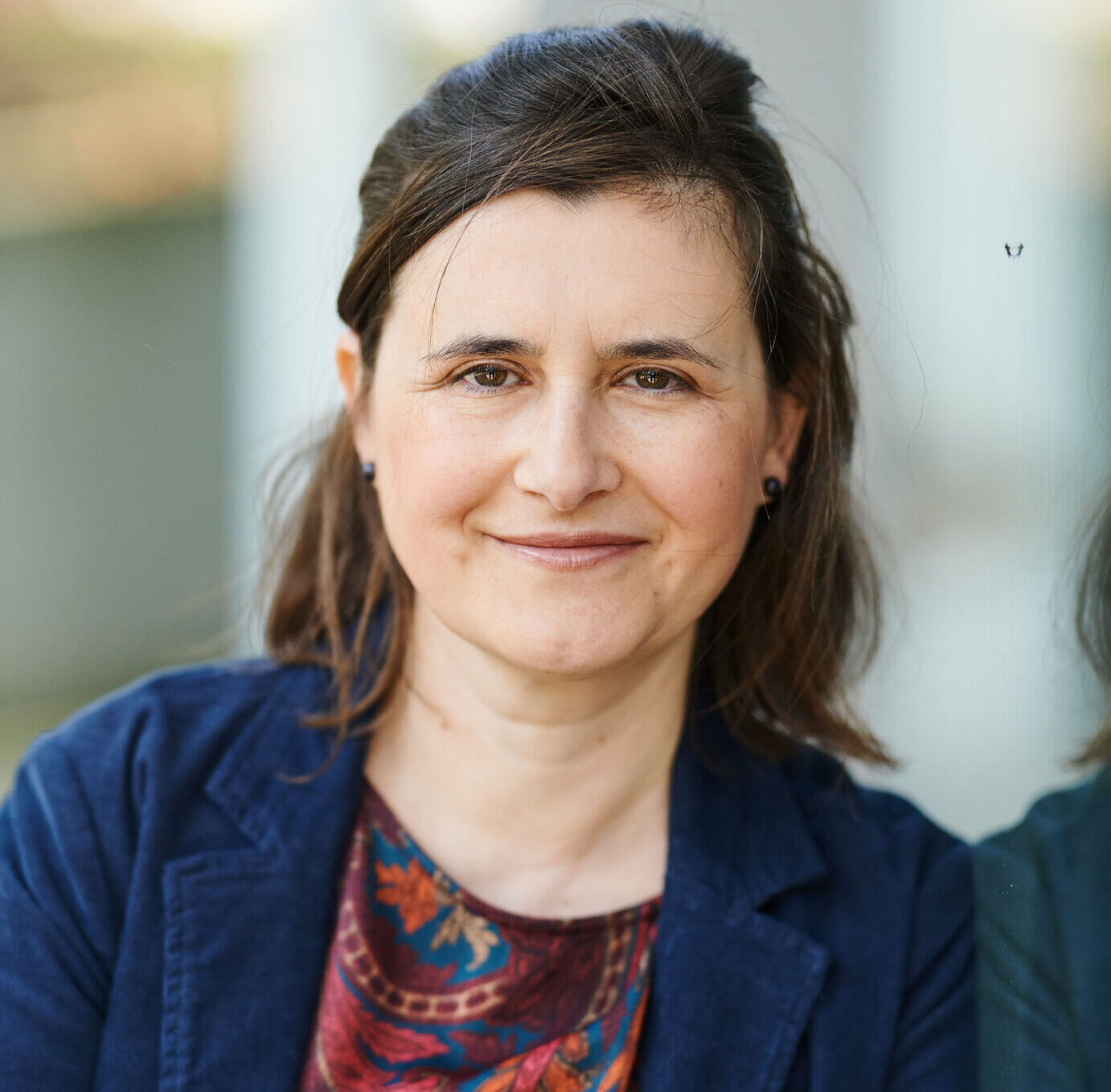DEI (Diversity, Equity, and Inclusion) projects
DEI Impact for Advantaged and Disadvantaged Employees
Despite the proliferation of Diversity, Equity, and Inclusion (DEI) policies, inequities persist in today’s organizations.
Members of disadvantaged (vs. advantaged) social groups experience more discrimination, fewer advancement opportunities, poorer psychological and physical health outcomes, more fragmented careers, and less representation in leadership positions.
While DEI initiatives aim to address these disparities, their impact is far from overwhelming: employees from disadvantaged groups rarely benefit from these policies, and employees from advantaged groups often feel threatened and resist them. The current project, funded by INNOVIRIS, Brussels, and Fulbright Schuman, tests a new model that aims to define DEI policy impact, elucidate the key components of impactful DEI policy, and highlight its key underlying psychological processes for advantaged and disadvantaged employees.
Collaborators: Julia Oberlin, Université libre de Bruxelles; Tessa Dover, Portland State University
Key paper: Dover, T., Toma, C., & Krings, F. (2025). DEI Impact: A Radically Simplified Approach for Organizations. Call to Action for Policymakers: Defending and Advancing Diversity, Equity, and Inclusion (DEI) Research in Social Issues in Management. By Eden B. King et al.
Diversity Decoupling and Its Impact on Employees
While most organisations portray diversity, equity, and inclusion as a priority, the actual
implementation of diversity and inclusion practices remains low. This gap between organisations’ talk and their concrete actions and/or results is referred to as organisational decoupling, one of the leading causes of persistent inequalities in organisations and of a lack of impact of DEI policies. This project, funded by FRESH FNRS, aims to understand its manifestation in organizations and its detrimental effect on employees by examining the mechanisms that can counteract it.
Collaborators: Valérie De Cock, Université libre de Bruxelles; Pinar Celik, IESEG ; Colette Van Laar, KU Leuven
Key paper: De Cock, V., Celik, P., & Toma, C. (2025). The Proof is in the Pudding: Workers Care About Evidence‐Based Diversity Cues. Journal of Applied Social Psychology, 55(1), 52-70. https://doi.org/10.1111/jasp.13076
The Paradoxical Effect of Diversity Statements
Organizations and managers often communicate to their employees about the importance of diversity using diversity statements in various supports such as websites, reports, brochures, or events and formal ceremonies.
This research project, funded by the UNIL-ULB Partnership Grant, aims to understand when and why diversity statements positively or negatively impact concrete diversity behaviors, such as recruiting more diverse individuals for teams or supporting existing diversity practices.
Collaborators: Franciska Krings, Université de Lausanne; Oriana De Saint Priest, Singapore Management University
Key paper: De Saint Priest, O., Krings, F., & Toma, C. (2024). Too old to be included: age diversity statements foster diversity yet fall short on inclusion. Frontiers in Psychology, 15, 1303224. https://doi.org/10.3389/fpsyg.2024.1303224
Men’s and Women’s Support of Gender Equality Policies
Perceptions of progress toward gender equality in society and the workplace can vary widely. Some people believe that sufficient efforts have been made, while others think that more needs to be done, with a notable disparity between the views of men and women.
This project, funded by Mini Arc ULB, investigates gender differences in support for gender equality policies by examining the key role of discrimination beliefs, perceived corporate hypocrisy, and the anti-woke movement in relation to these policies.
Collaborators: Joseph Mumbanza and Laurent Licata, Université libre de Bruxelles
Key paper: Ngeke, J. M., Licata, L., & Toma, C. (2024). Les politiques d’égalité de genre, encore du wokisme!. La Revue Nouvelle, 4(4), 80-84. https://doi.org/10.3917/rn.240.0080
From Silence to Advocacy: Understanding Microaggressions and Gender-Based Exclusion
Microaggressions, subtle yet harmful acts of discrimination, persist in workplaces, despite increased awareness of their negative impacts. This project examines why they are often met with silence by exploring the interplay between silencing mechanisms rooted in inequality regimes and individual coping strategies. Additionally, it examines the conditions under which and the strategies by which women in top positions advocate for gender equality and inclusion. Our findings suggest that addressing microaggressions requires a twofold approach: dismantling silencing mechanisms rooted in inequality regimes and empowering individuals with tailored strategies to confront these subtle yet damaging forms of discrimination
Collaborators: Delia Mensitieri, Ghent University and Smaranda Boros, Vlerick Business School
Key paper: Mensitieri, D., Boroş, S., & Toma, C. (2025). Bringing microaggressions from the shadows to the spotlight: Unveiling silencing mechanisms and distinct patterns in coping. Gender, work & organization, 32(4), 1615-1631. https://doi.org/10.1111/gwao.13256
DEI Impact Project
In a context where Diversity, Equity, and Inclusion (DEI) initiatives often face backlash and resistance, it is essential to reframe DEI policies with a renewed emphasis on their measurable impact.
This research project, in collaboration with Portland State University, Diversity Managers Associations in Belgium, and Partners in Diversity in Portland, aims to understand the impact of diversity, equity, and inclusion (DEI) initiatives in organizations. The DEI IMPACTS Project aims to survey employees from medium-to-large size organizations based in Belgium, Oregon and SW Washington. We aim to learn:
1. What is the current state of DEI policy and practice in those organizations?
2. What are the tangible, bottom-line benefits of effective DEI policy/practice for organizations?
3. Which policies and practices have the biggest impacts on employee well-being, retention, and commitment?
Only by surveying employees in a wide range of organizations can we pinpoint the policies and practices that create the outcomes organizations care about retention, attraction, productivity, and organizational commitment.
Leadership Projects
Career and leadership aspirations of young people from disadvantaged groups
Young people from advantaged and disadvantaged backgrounds experience significant differences in employment opportunities, job quality, and career progression.
These disparities are influenced by factors such as education, socioeconomic status, ethnicity, and access to professional networks, which further create differences in expectations about career, leadership aspirations, and work experiences.
This project, funded by ULB and Fondation Bernheim, aims to study the relation between the psychological capital, job autonomy, and the expectations about work and career among young people from disadvantaged groups.
Collaborators: Abigail Alves, Université libre de Bruxelles; Pinar Celik, IESEG
Unleashing Leader Identity: How Minorities Can Forge Their Path to Leadership
Leadership assessments often reflect implicit biases tied to race and established leadership prototypes. Prior research shows that White candidates are more likely to be perceived as prototypical leaders, potentially due to implicit leadership theories (ILTs).
This project, funded by Actions Blanches, ULB, seeks to understand whether activating a candidate’s leader identity can help mitigate racial bias in leadership evaluations, especially for Black candidates.
This project will deepen our understanding of how identity signaling interacts with racial bias in leadership evaluations. Findings could inform strategies for underrepresented leaders to navigate biased leadership prototypes.
Collaborators: Miya Tong, Université libre de Bruxelles; Smaranda Boros, Vlerick Business School

Office at Université Libre de Bruxelles
Solvay Brussels School of Economics and Management
Av. F.D Roosevelt 50 – 1050 Brussels, Belgium, R42.4.206
Phone: +32 (0) 2 650 38 35
